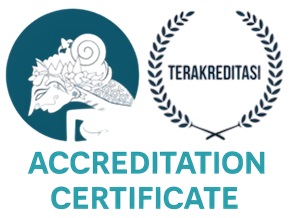Implikasi Hukum Islam Bagi Amil Zakat Fitrah Tanpa Surat Keputusan Dari Pemerintah
Abstract
This study analyzes the implications of Islamic law for zakat fitrah collectors who do not have a government decree (SK), a common phenomenon in Indonesia. Zakat, as one of the main pillars of Islam, functions as a means of wealth redistribution and fostering social awareness. In Indonesia, zakat management is regulated by Law No. 23 of 2011, which establishes the National Zakat Agency (BAZNAS) and the Zakat Management Institution (LAZ) as the official authorized institutions. However, many zakat collectors operate independently at the community level, such as in mosques or neighborhood organizations (RT), driven by emotional closeness, ease of access, and religious motivation. This study uses a normative legal research method focused on analyzing Islamic legal norms and Indonesian legislation. The results reveal a dualistic perspective. According to Indonesian positive law, legitimate zakat collectors are those who have official permission from the government, and collecting zakat without permission can result in legal sanctions. However, from the perspective of Islamic law (fiqh), there are differences of opinion among scholars. Some scholars, particularly from the Shafi'i and Hanbali schools of thought, argue that zakat collectors must be appointed by the imam or a legitimate government. On the other hand, other scholars permit a trustworthy Muslim to act as an amil even without official appointment, especially if the government cannot reach all areas.
Downloads
Copyright (c) 2025 Ahmad Khudori

This work is licensed under a Creative Commons Attribution-ShareAlike 4.0 International License.











